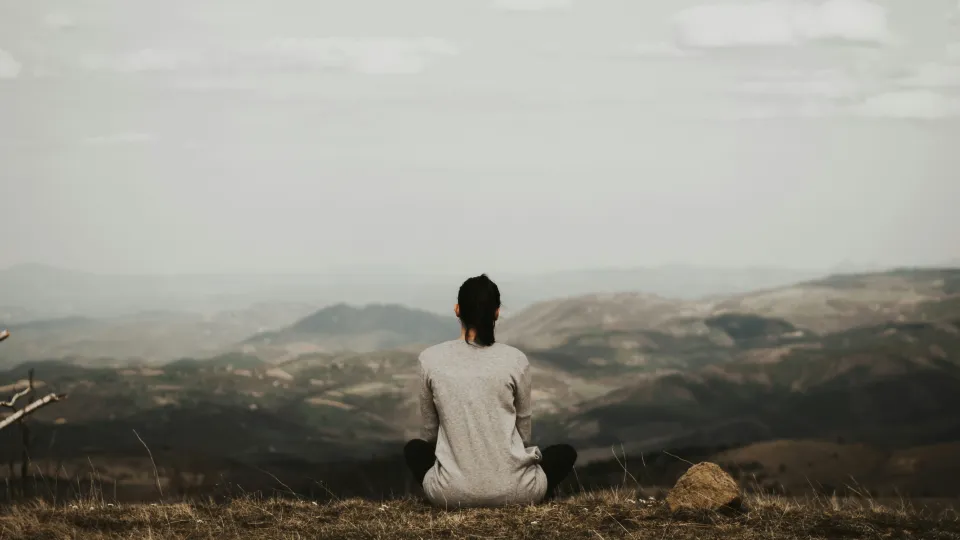– The IDLE project looks to ‘idleness’ as a response to interconnected threats such as climate change, species extinction, inequality, and decreased life satisfaction, says Tullia Jack. According to her, approaches such as ‘efficiency’ seek “to reduce the resource intensity of consumption”; while ‘sufficiency’ “seeks to limit consumption”.
Building on works such as Paul Lafargue’s The right to be Lazy or Bertrand Russell’s In Praise of Idleness; IDLE shifts focus away from consumption itself to explore “non-material sources of fulfilment and well-being”. To this end, IDLE will empirically investigate those who do less – Reprievers: Young people taking sabbaticals after high school; Respiters: People taking career breaks; Retreaters: Those taking early retirement; Reducers: Participants in movements for reduced working hours.
Over the next 4 years, Jack and her team for IDLE will investigate societal idleness, through 4 work packages. They will utilize mixed-methods such as ethnography, discourse analysis, time-use analyses and semi-structured interviews. The fieldwork will take place in Sweden, the Netherlands and Finland.
Why IDLE matters
– IDLE challenges prevailing economic systems, by prioritizing sustainability and well-being over growth and consumption. It addresses deeply rooted notions of productivity and success and it aims to spark discussions about the meaning of a good life, and the role of work in it, says Jack.
In addition to the fieldwork, the project’s findings could have broader international relevance for countries dealing with similar challenges related to work-life balance. The project is also committed to open science (UNESCO Recommendation on Open Science, Sweden national guidelines for open science) and FAIR principles (Findable, Accessible, Interoperable, Reusable) for data management. This would ensure that the project insights are accessible to a broad audience, which could encourage further research into this important area.



